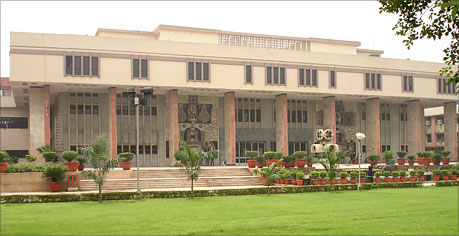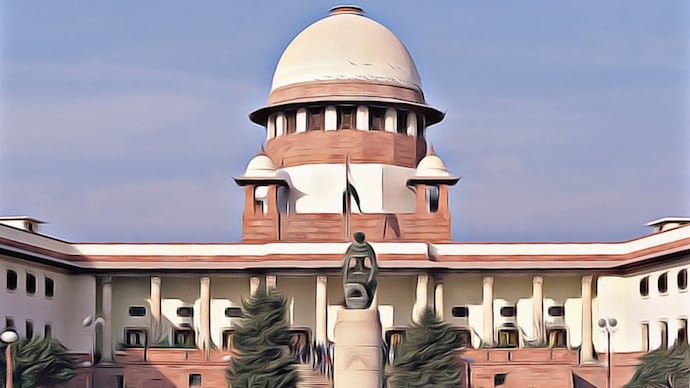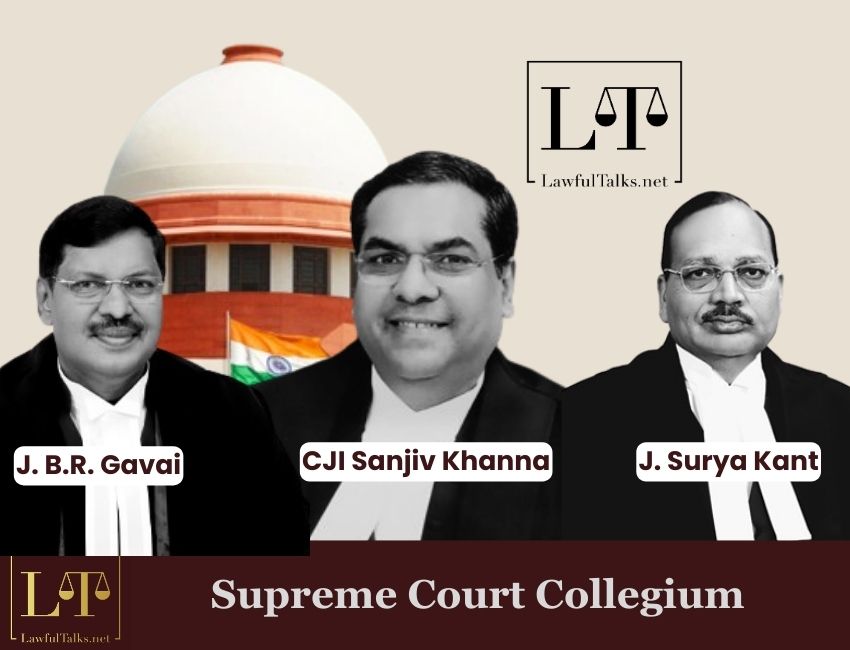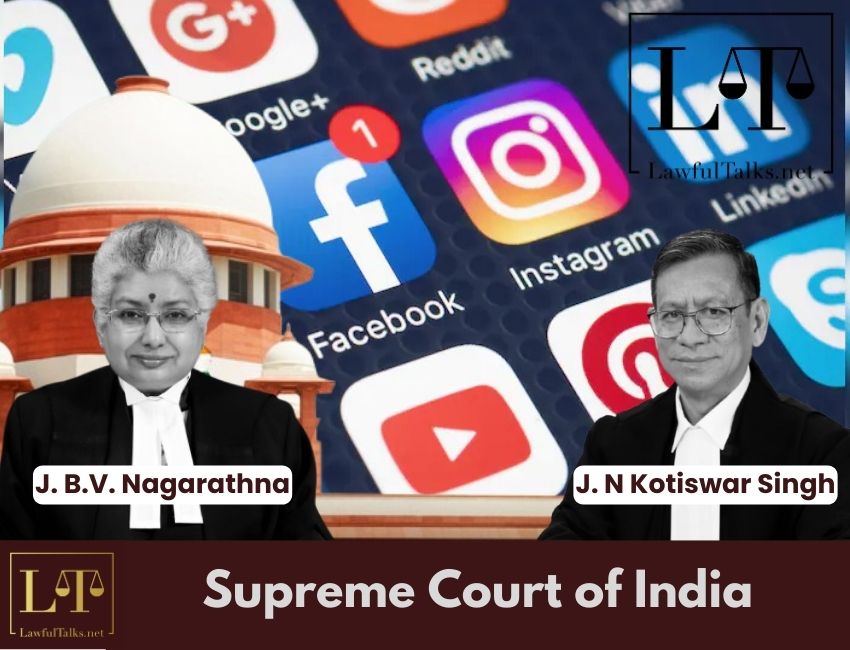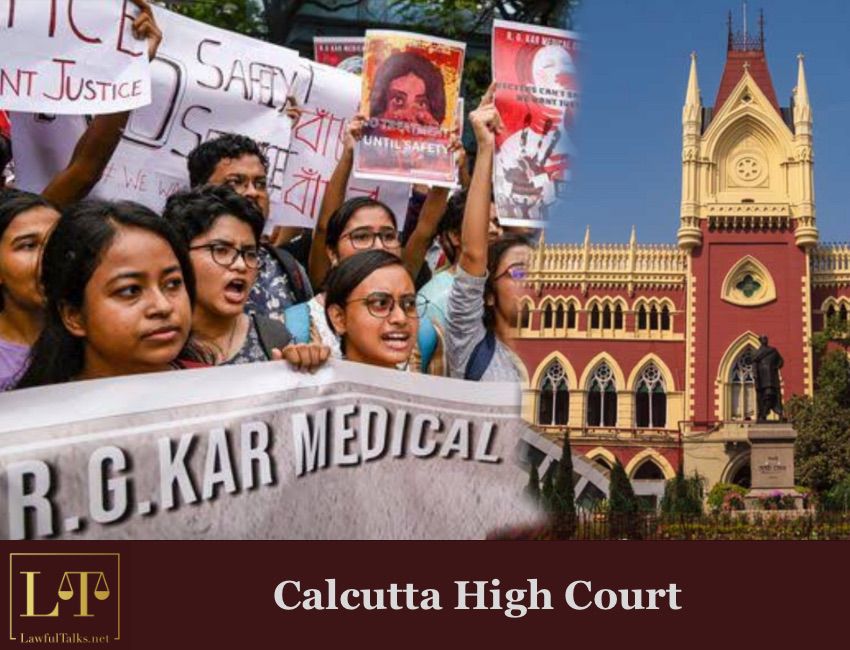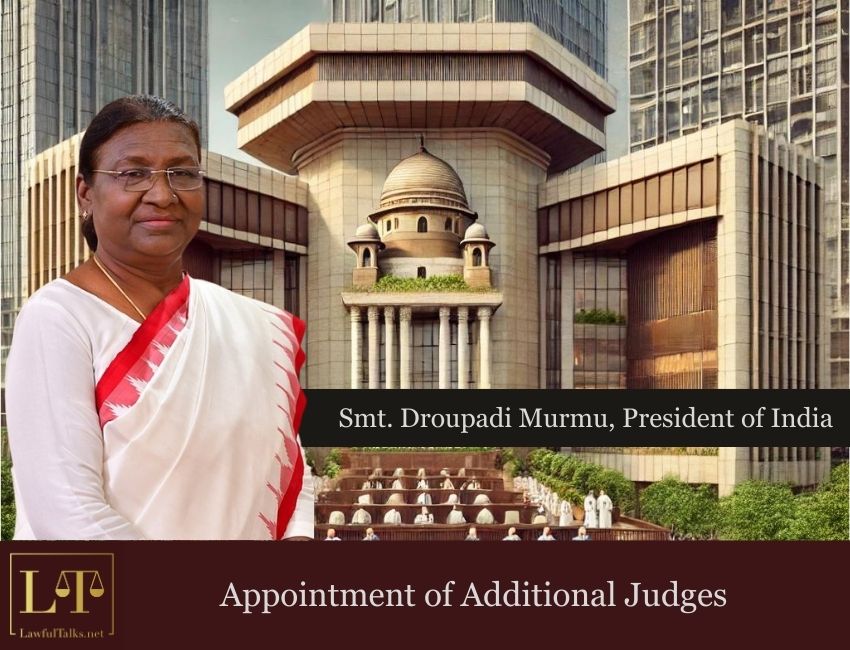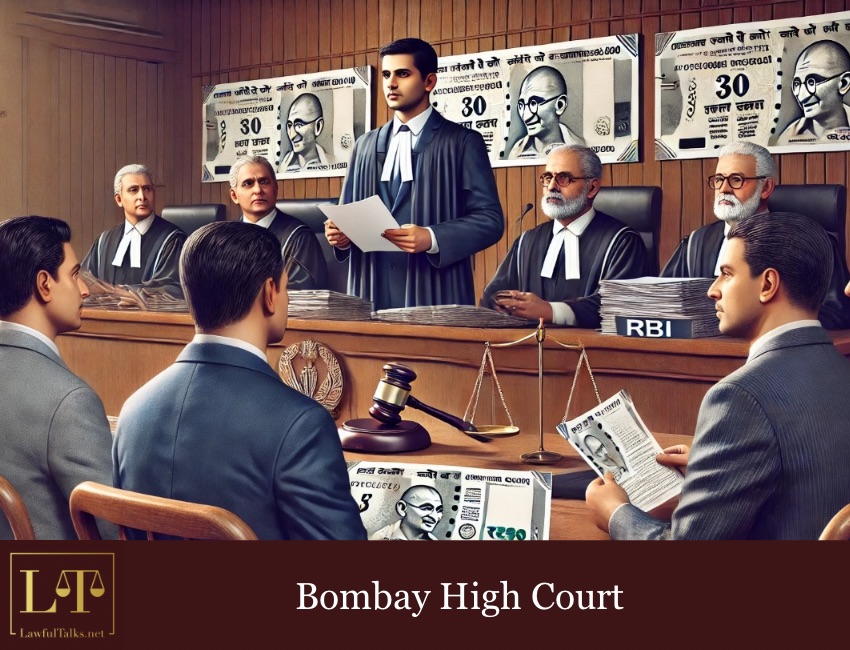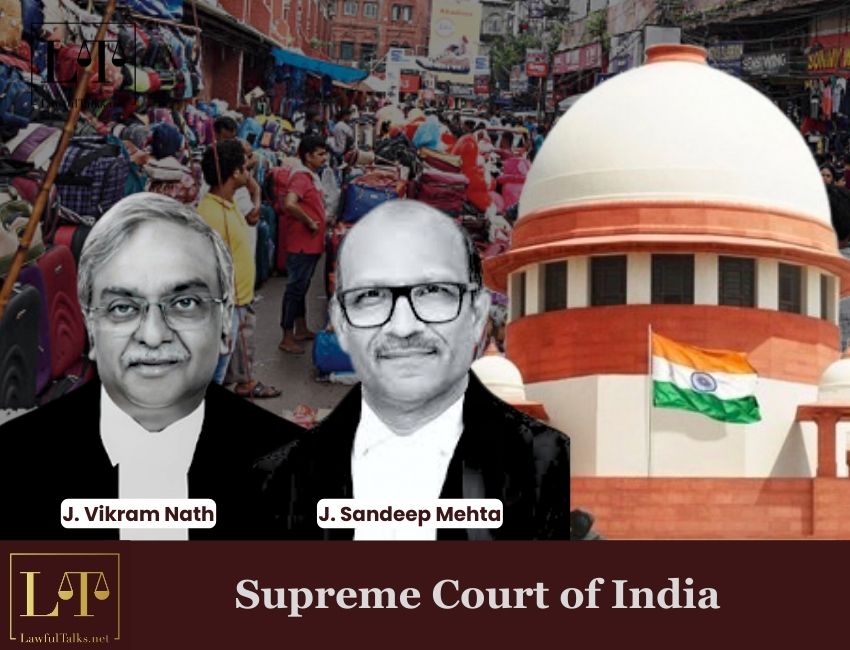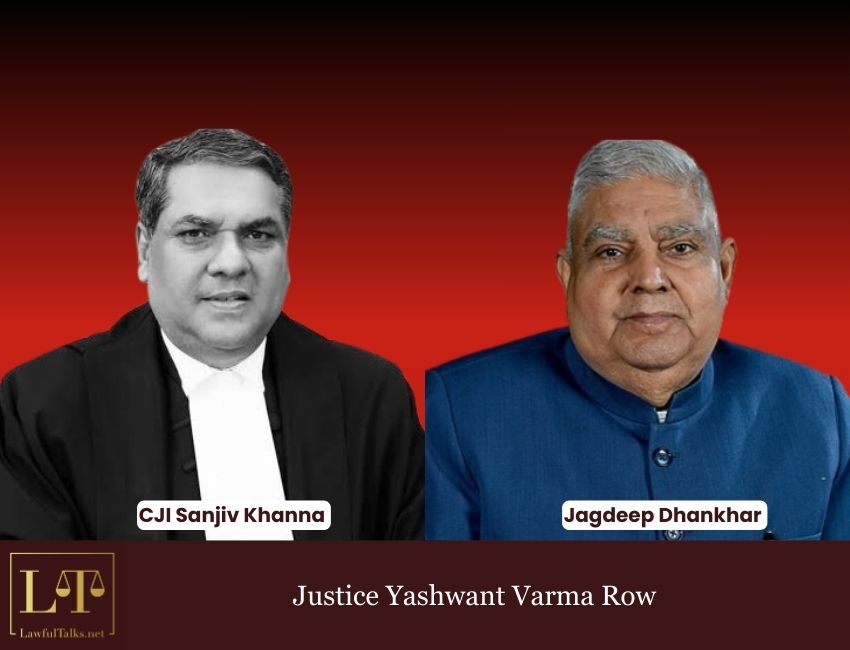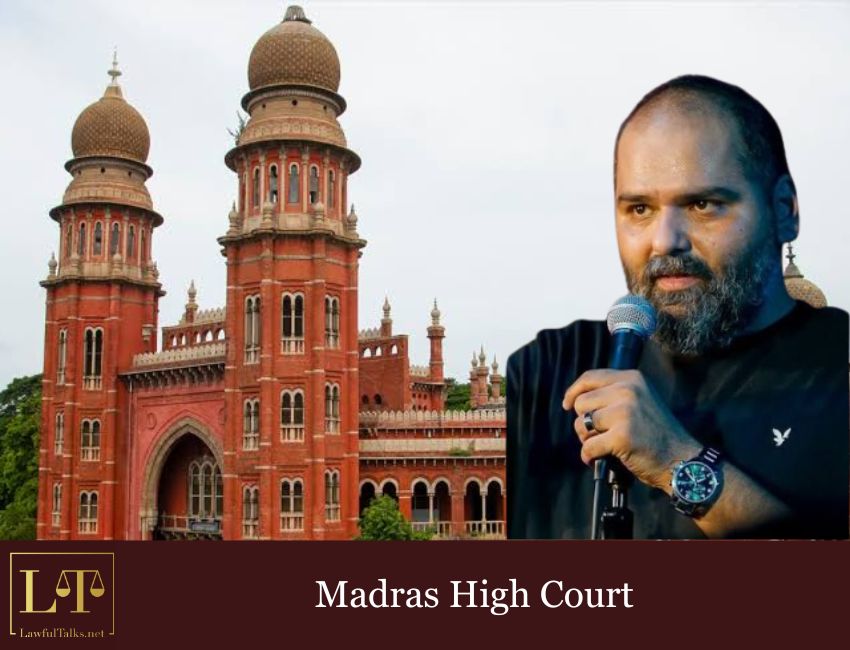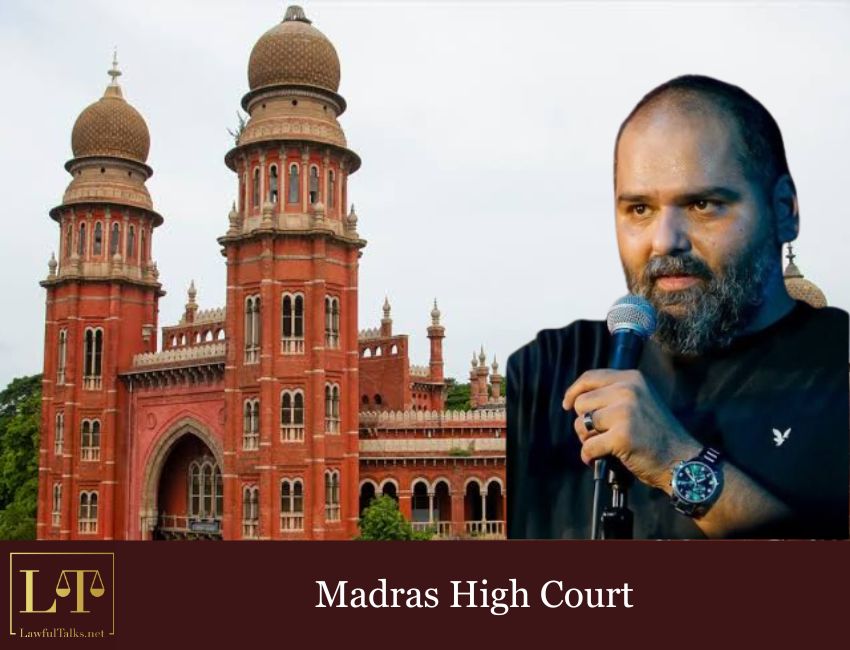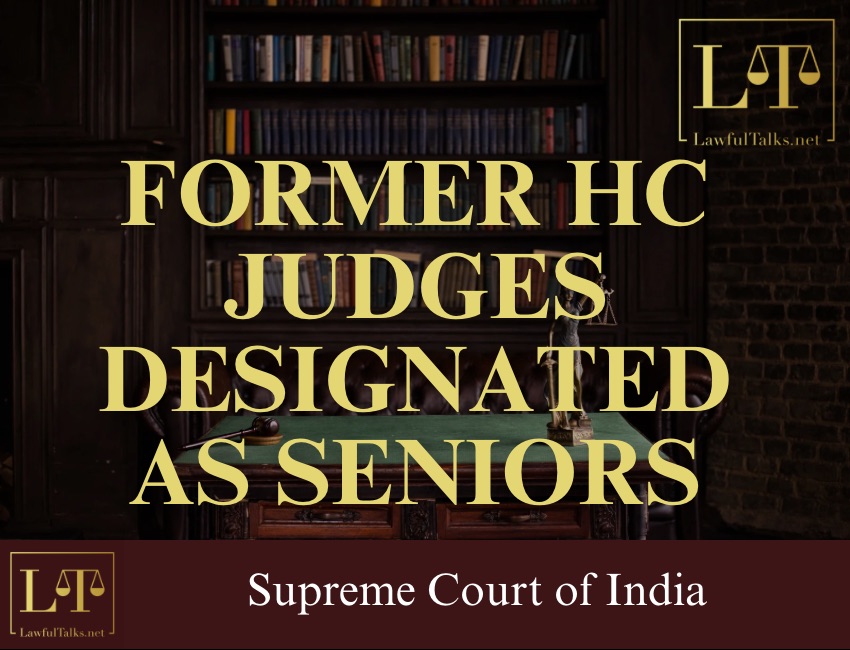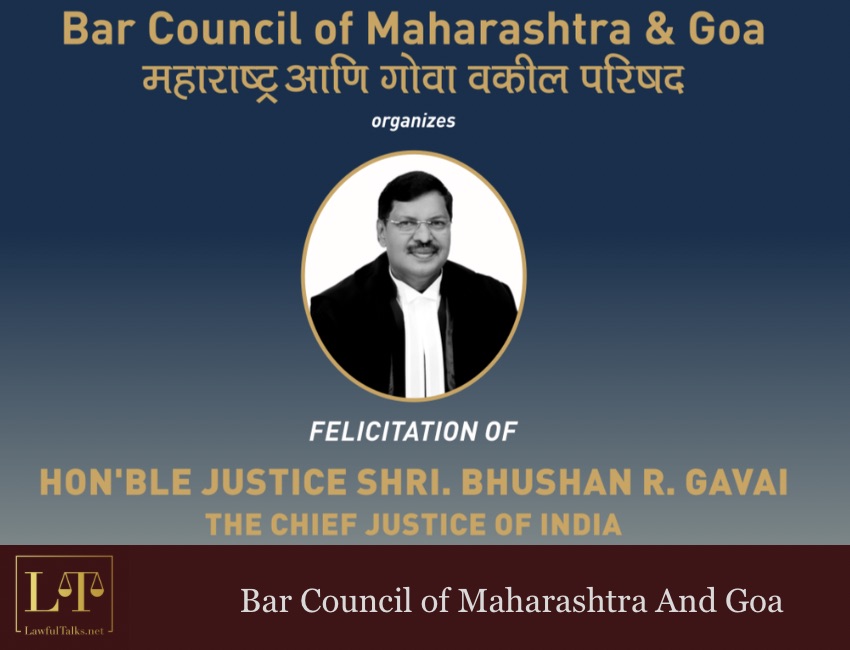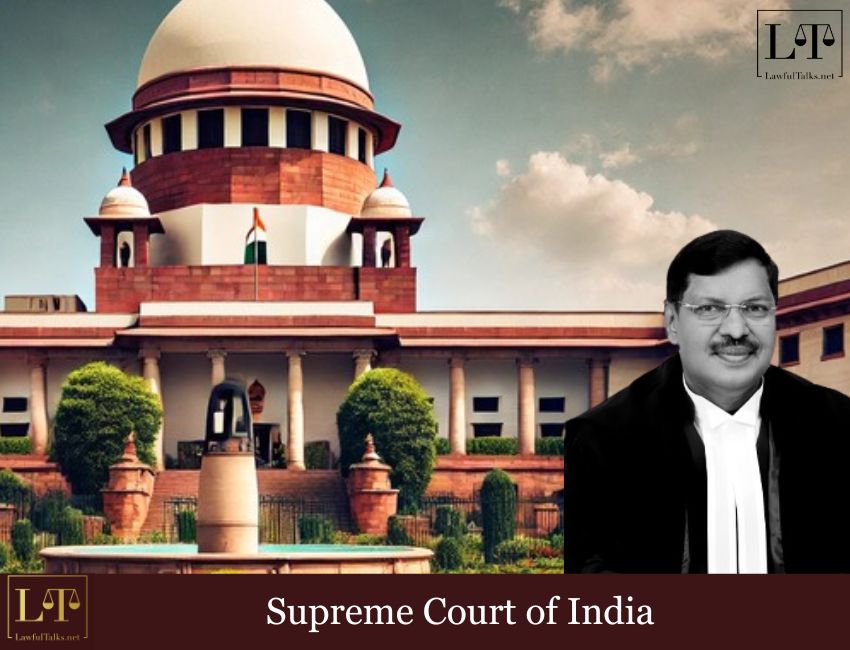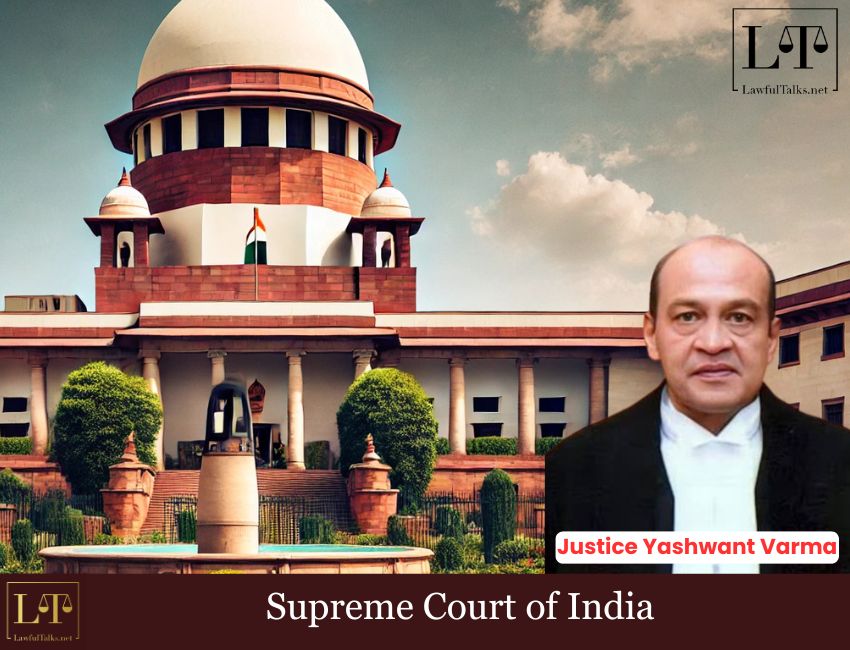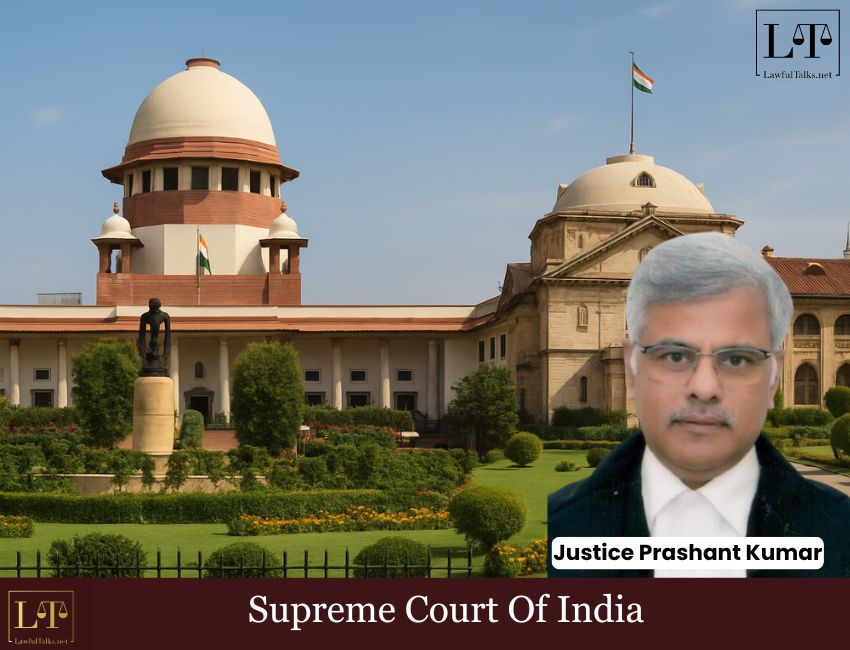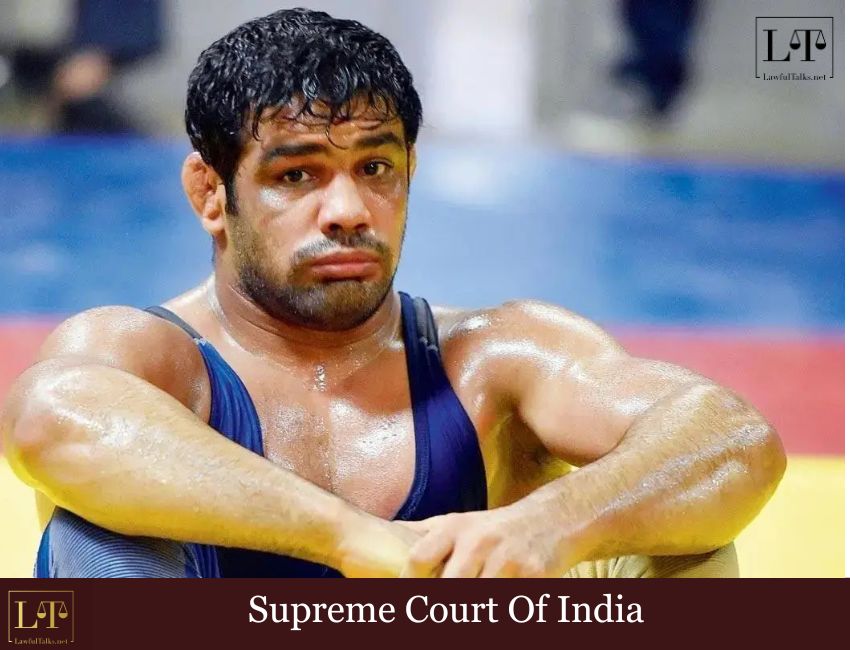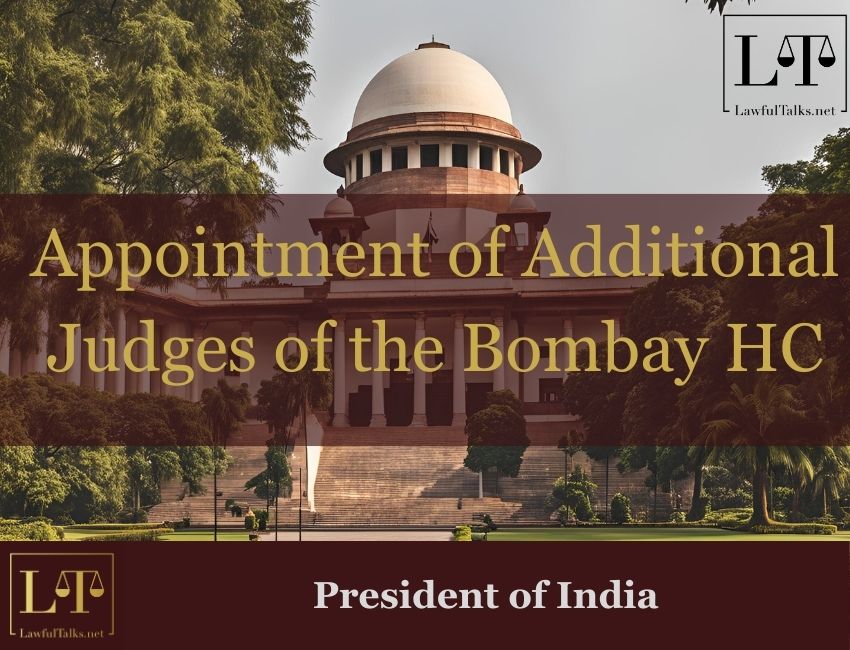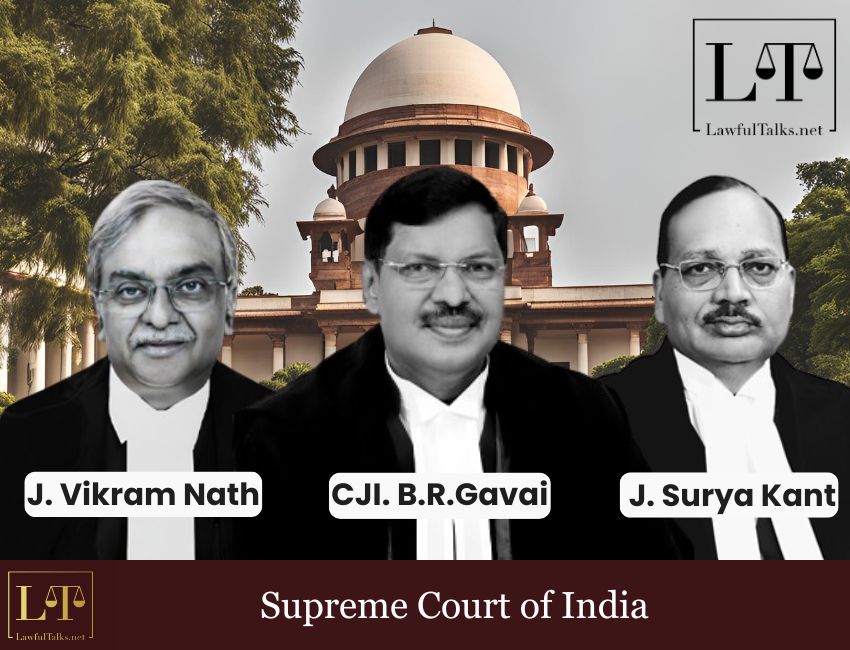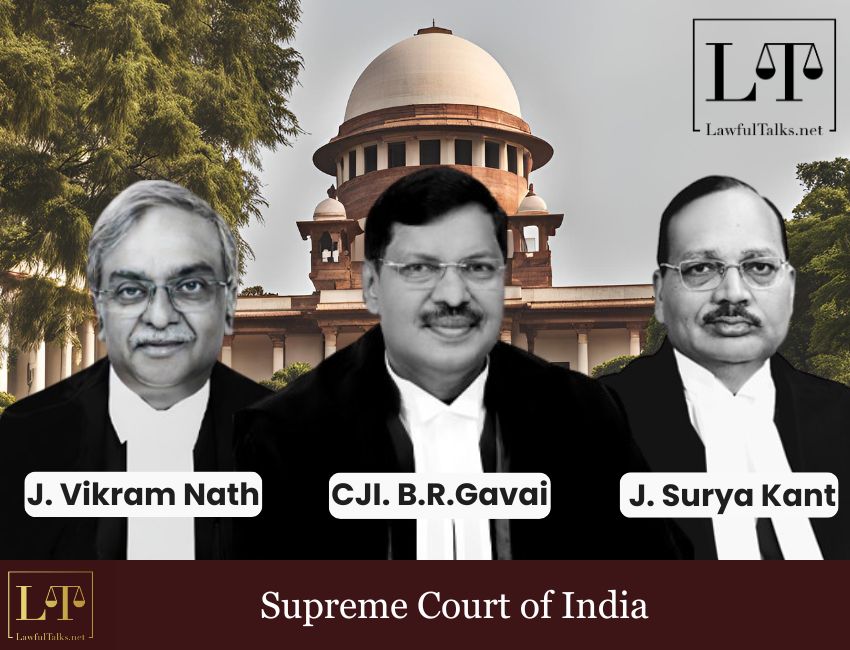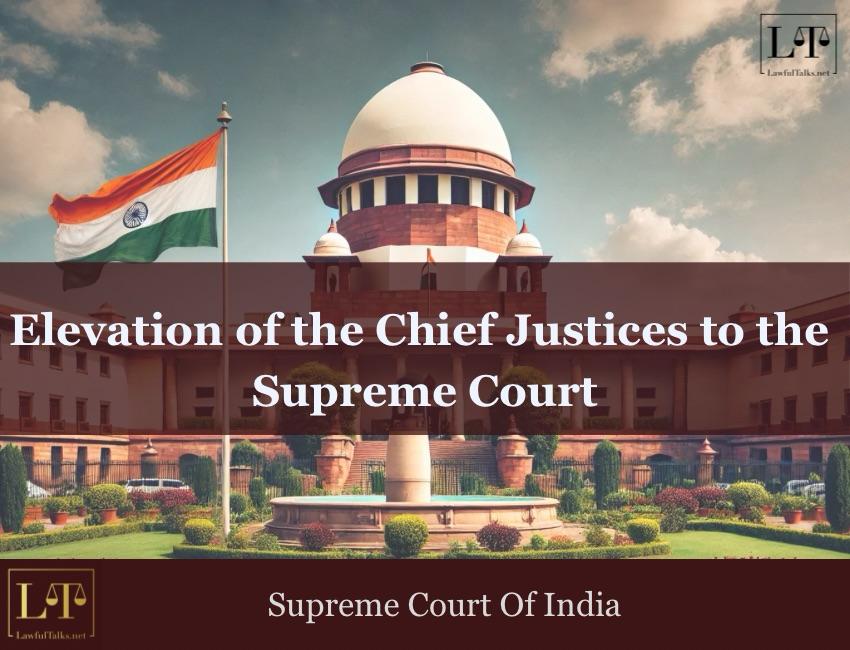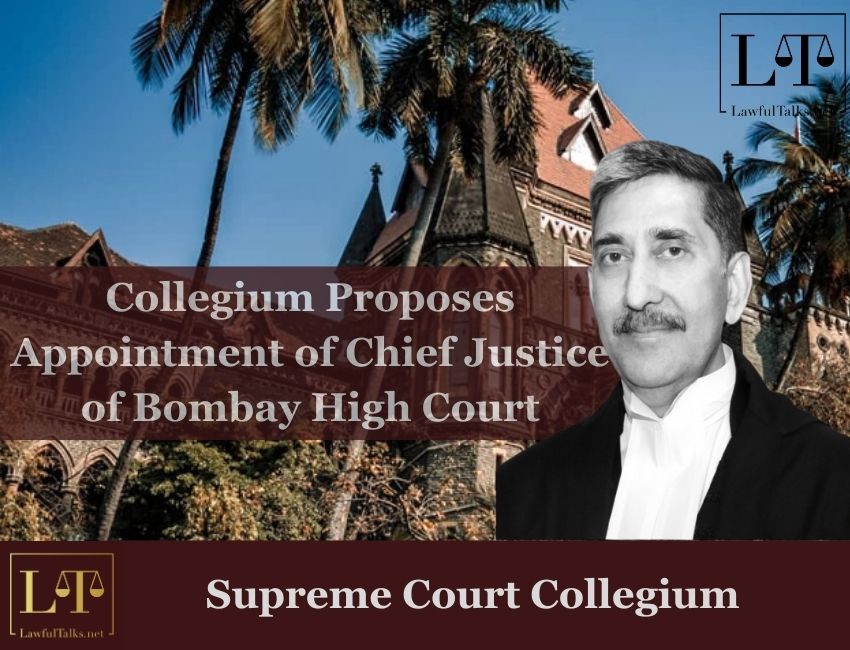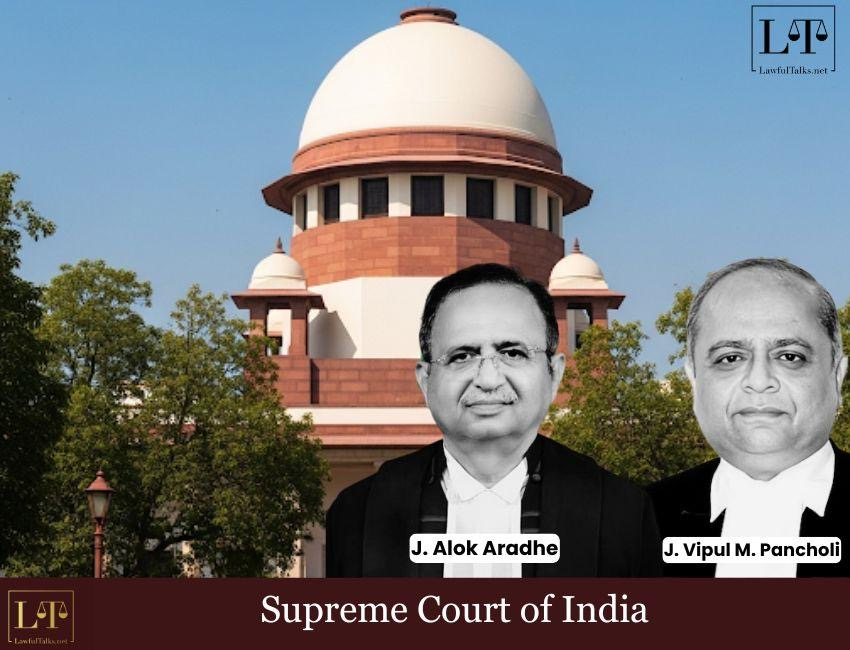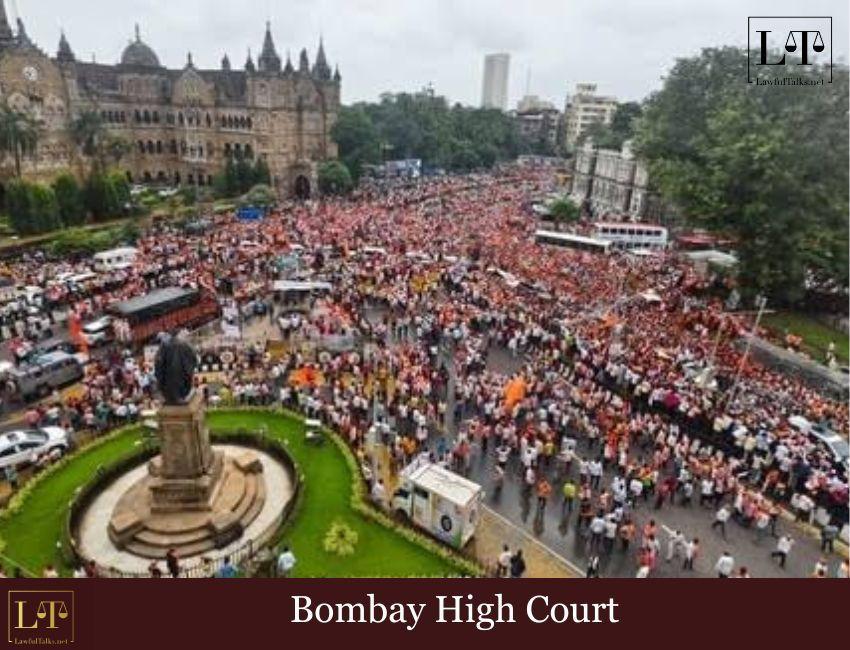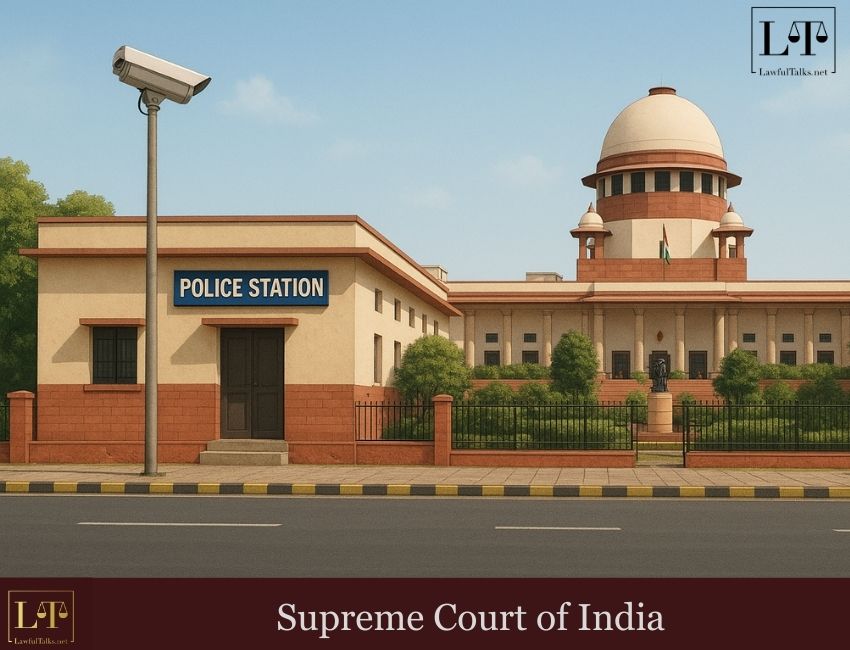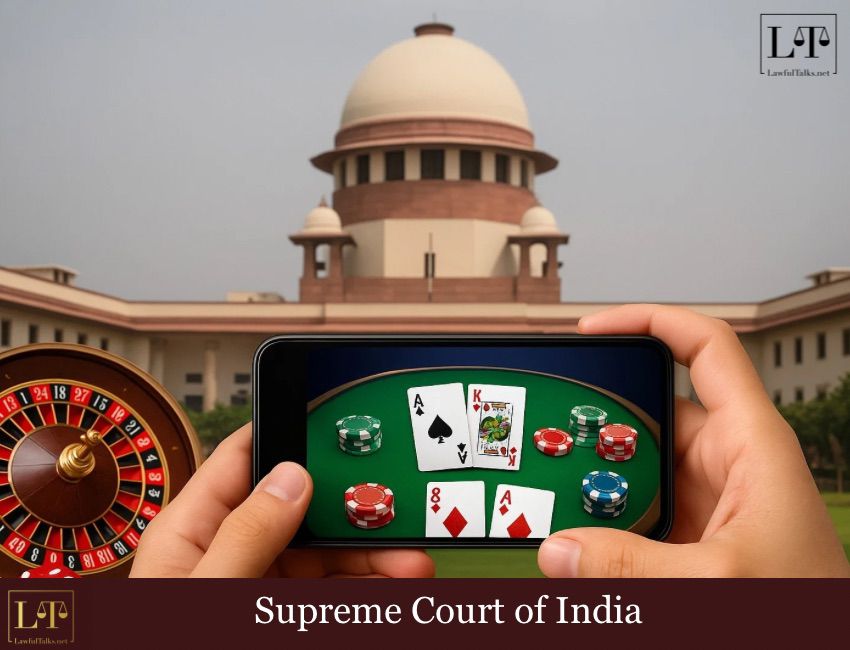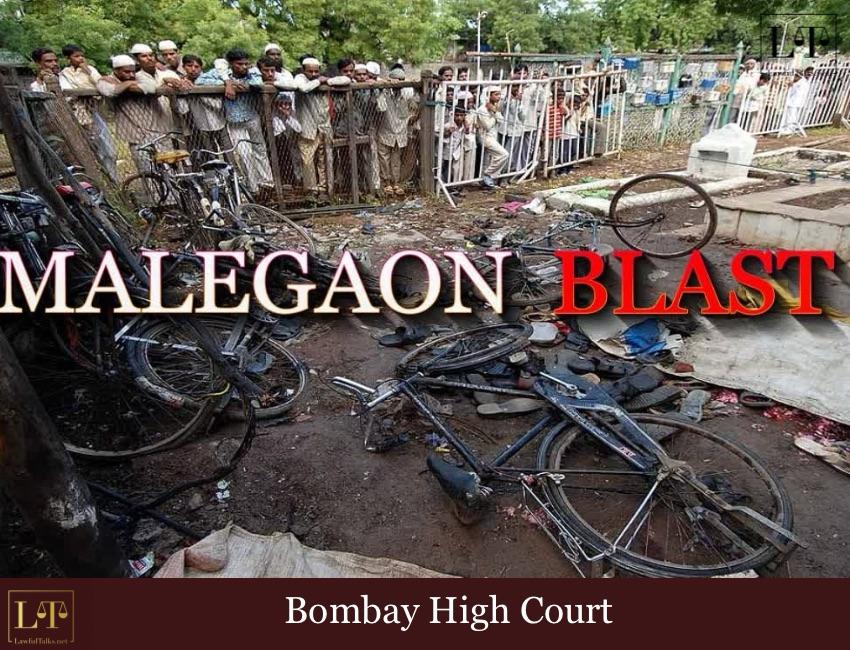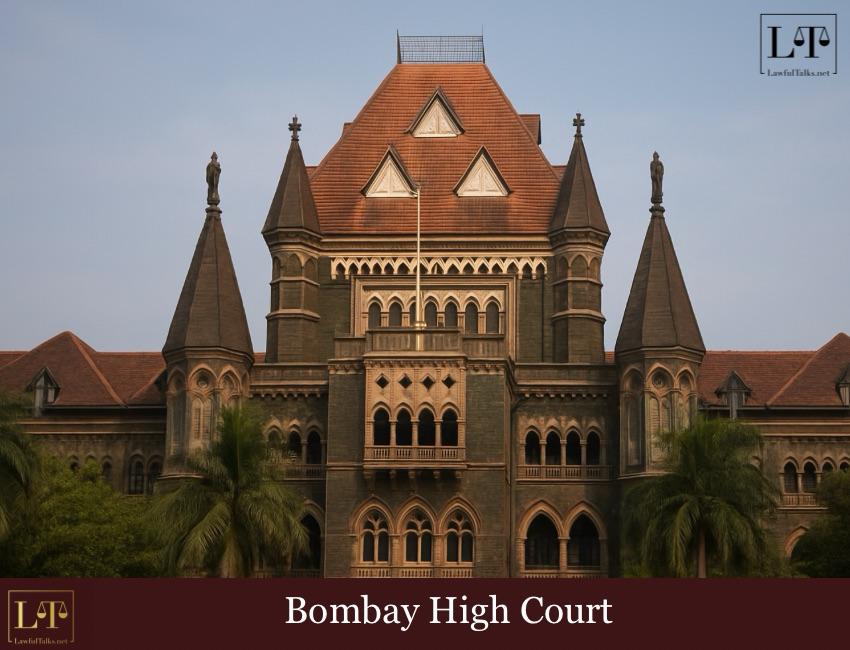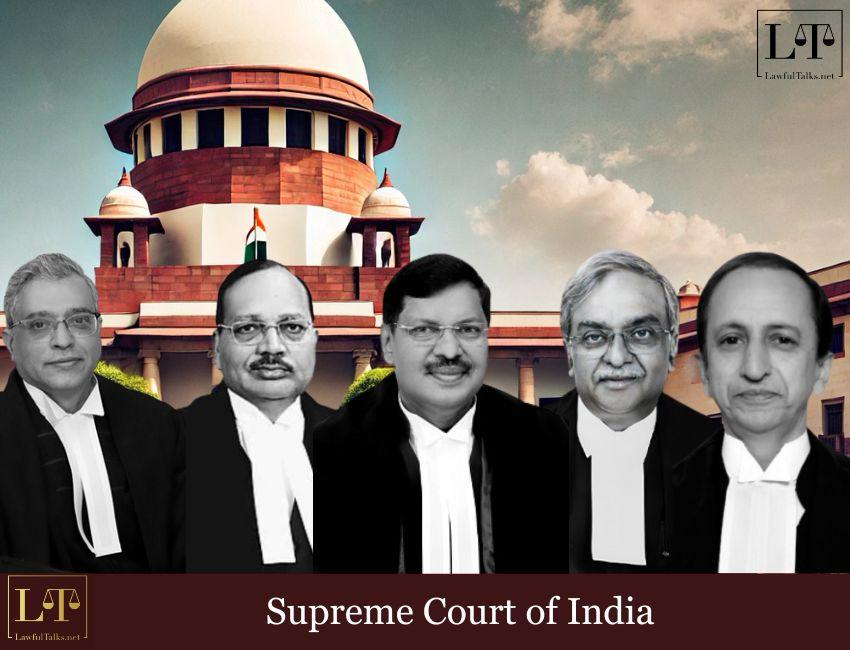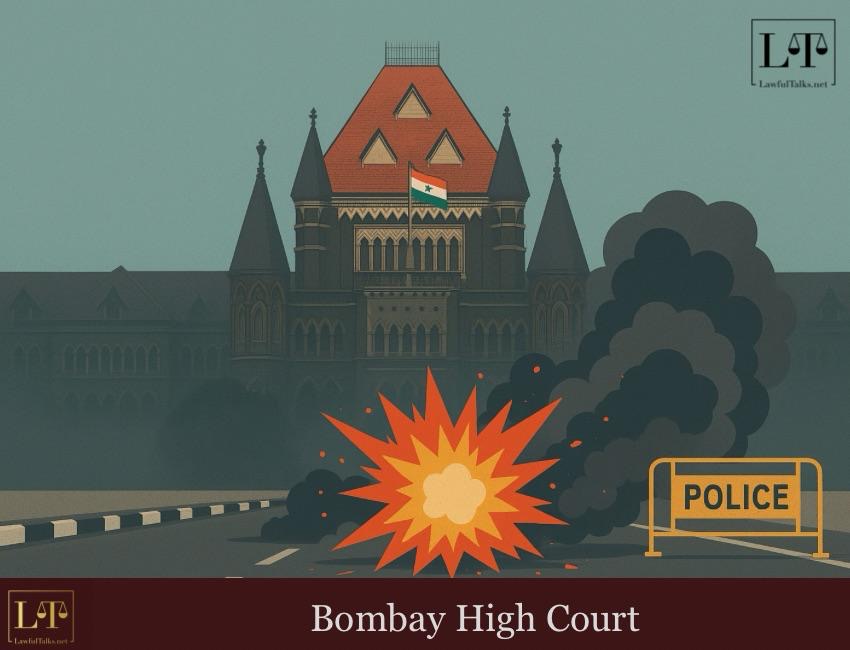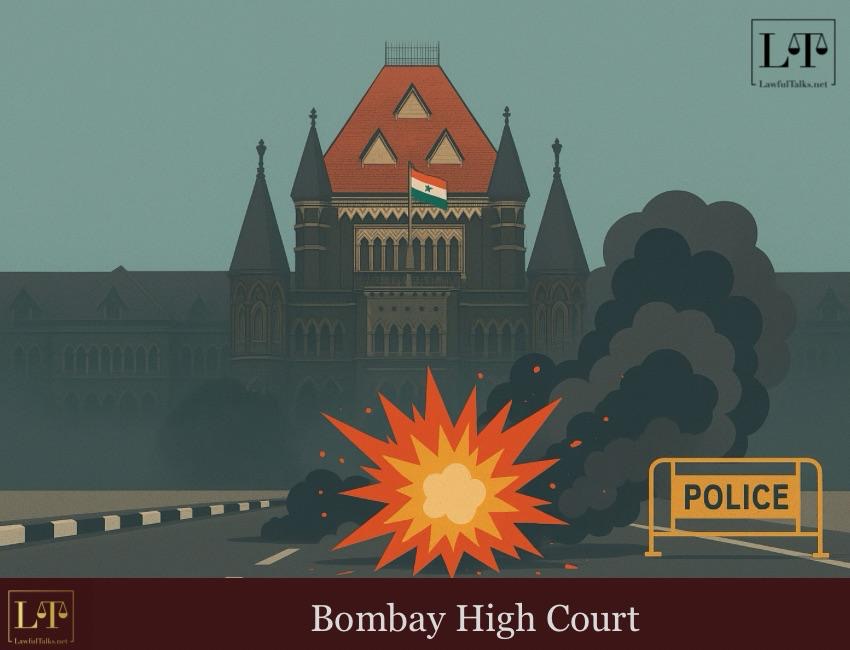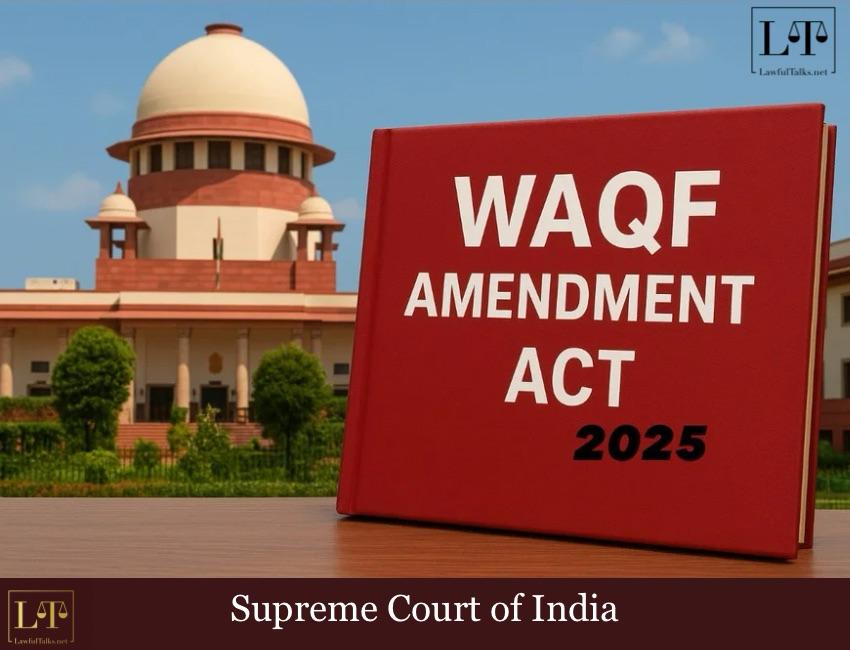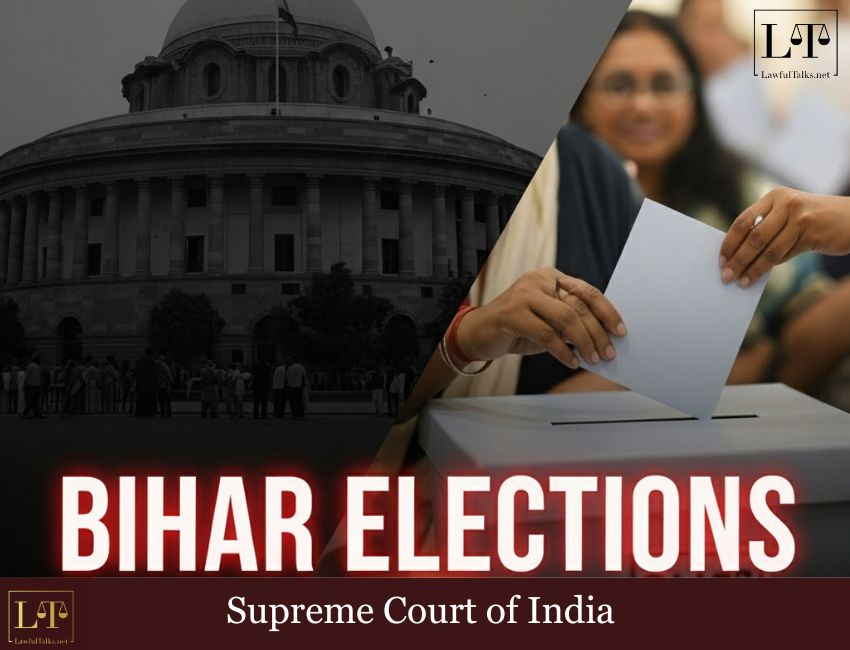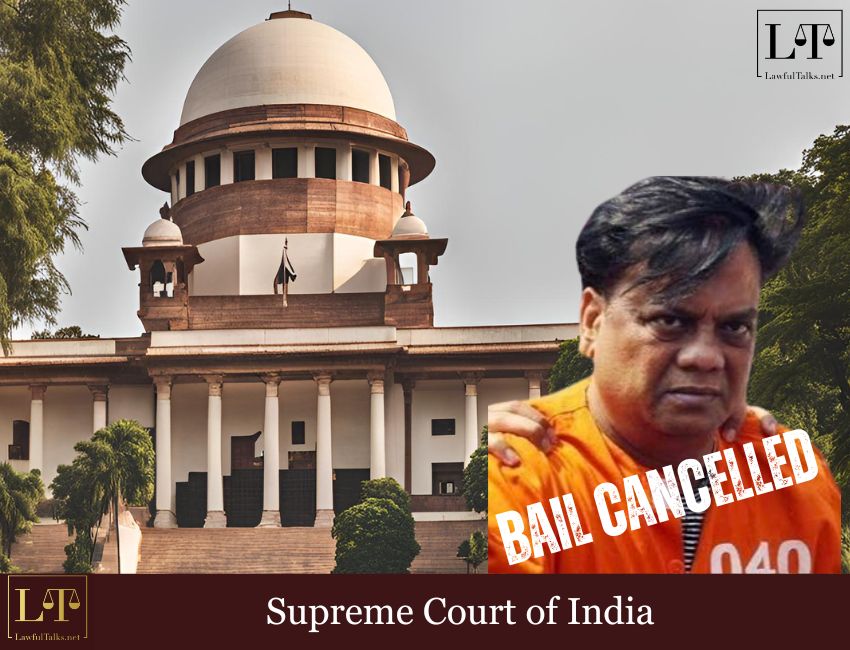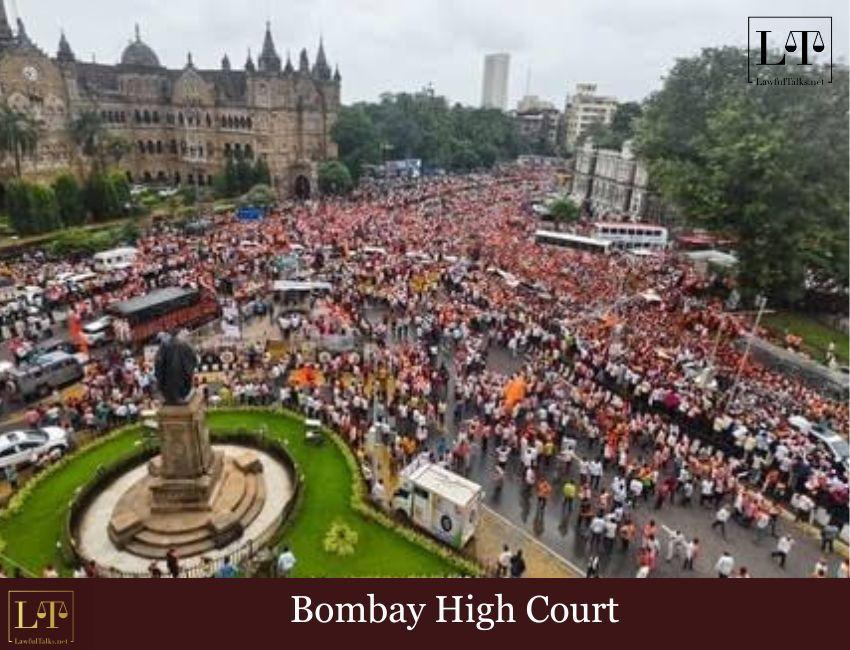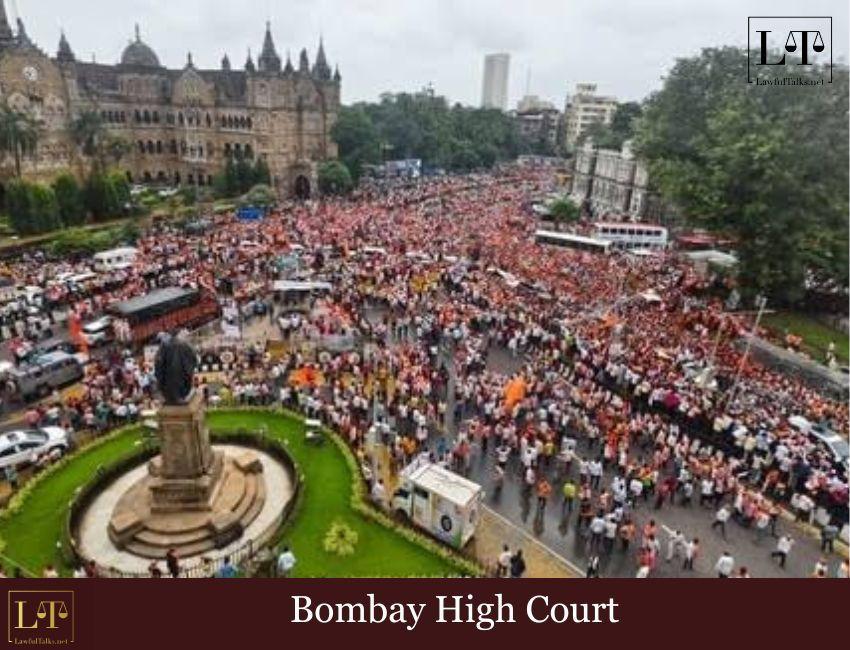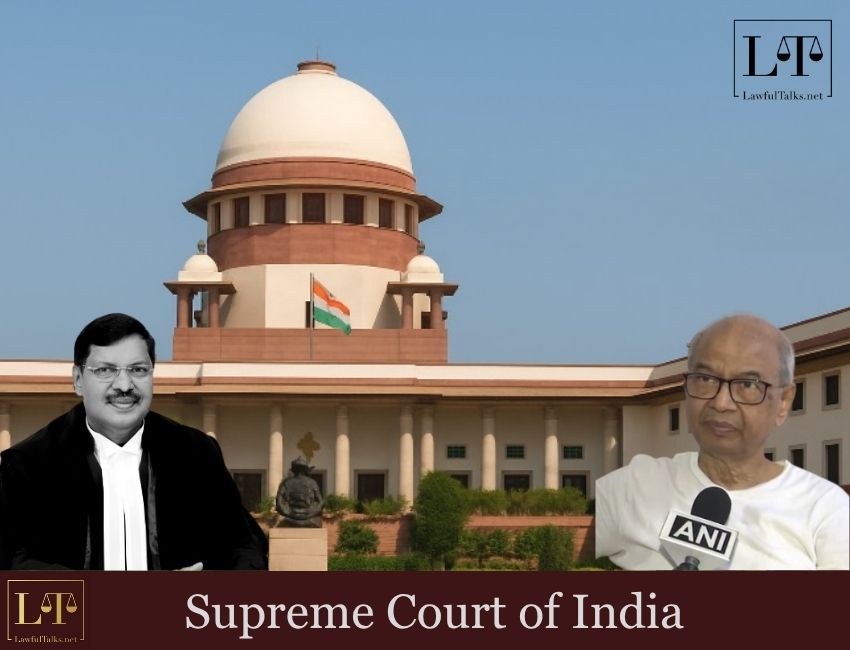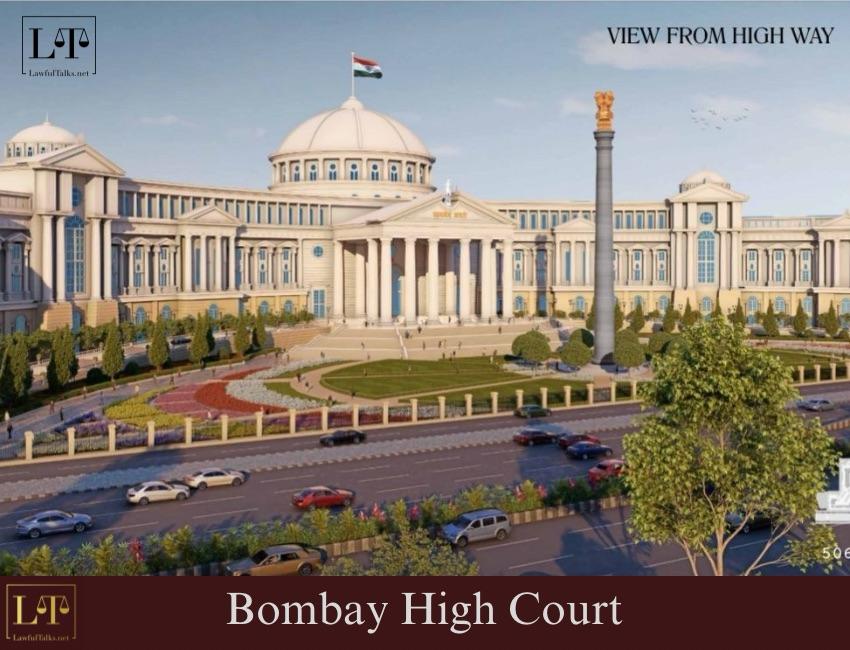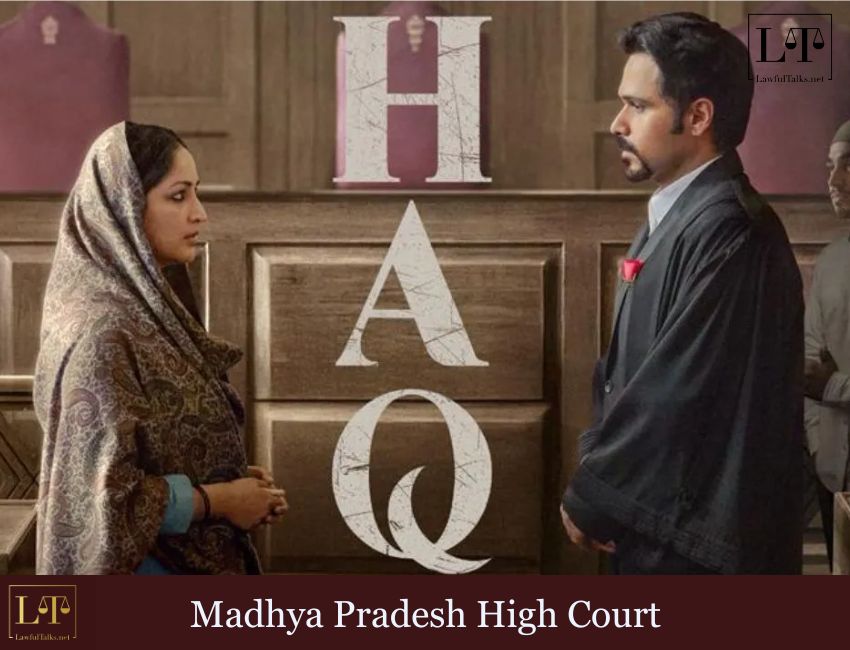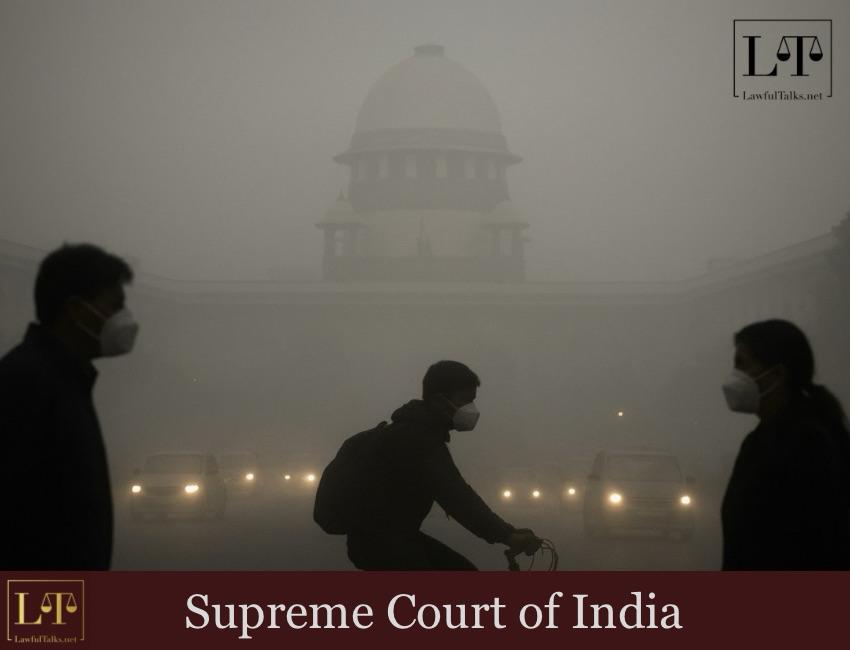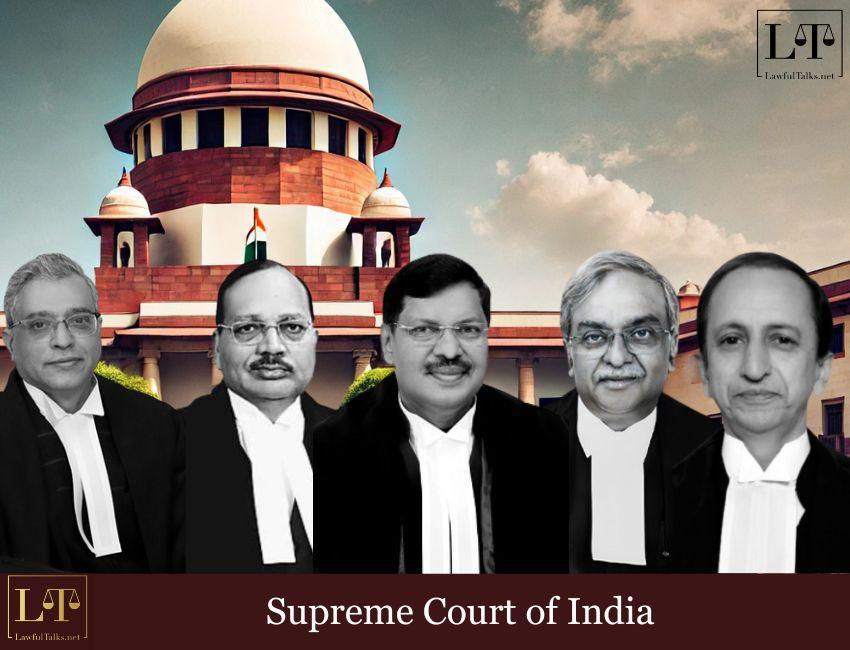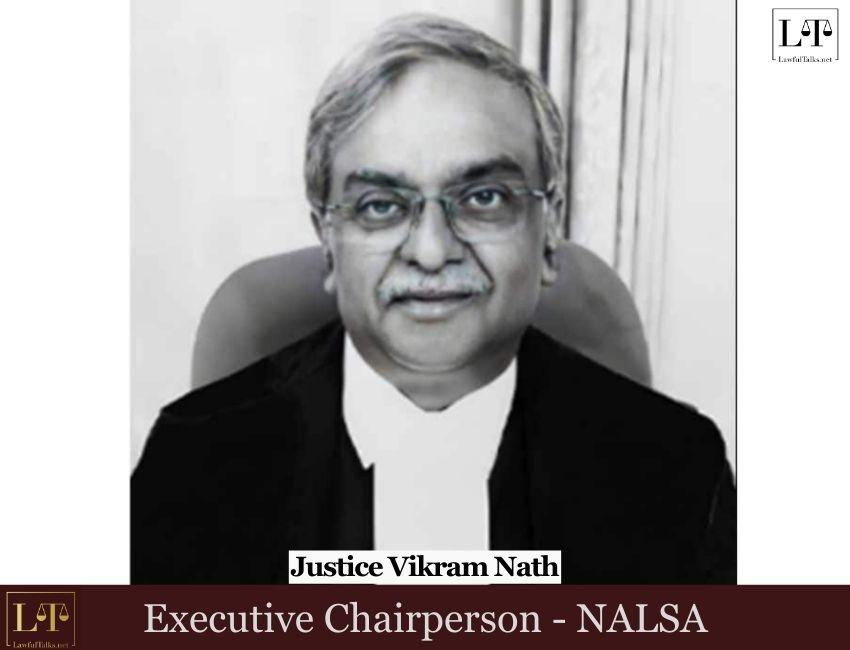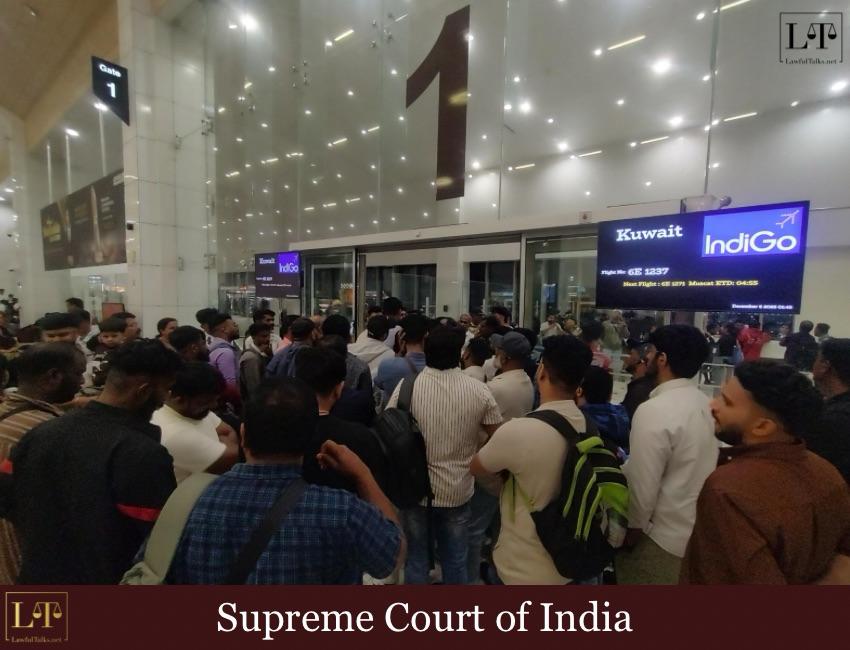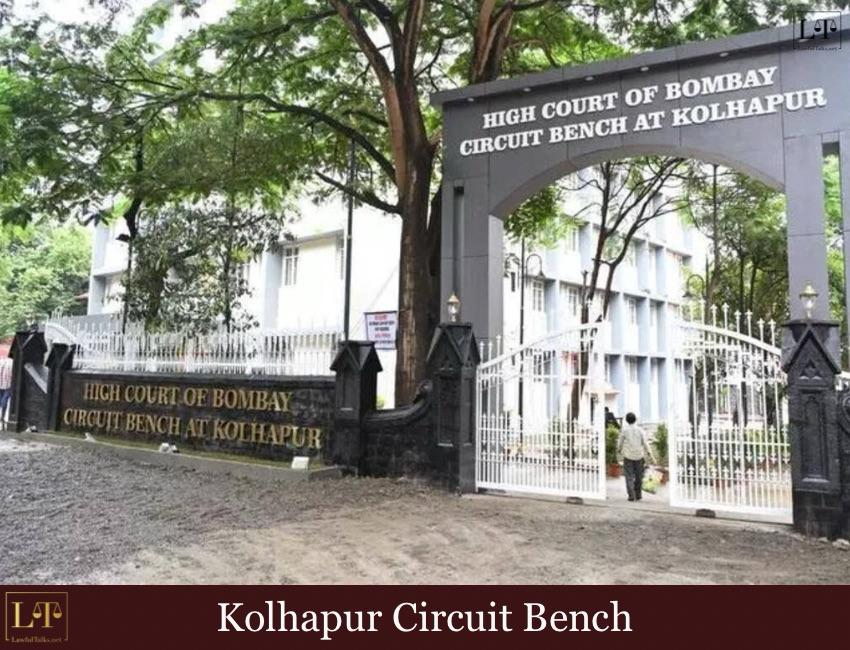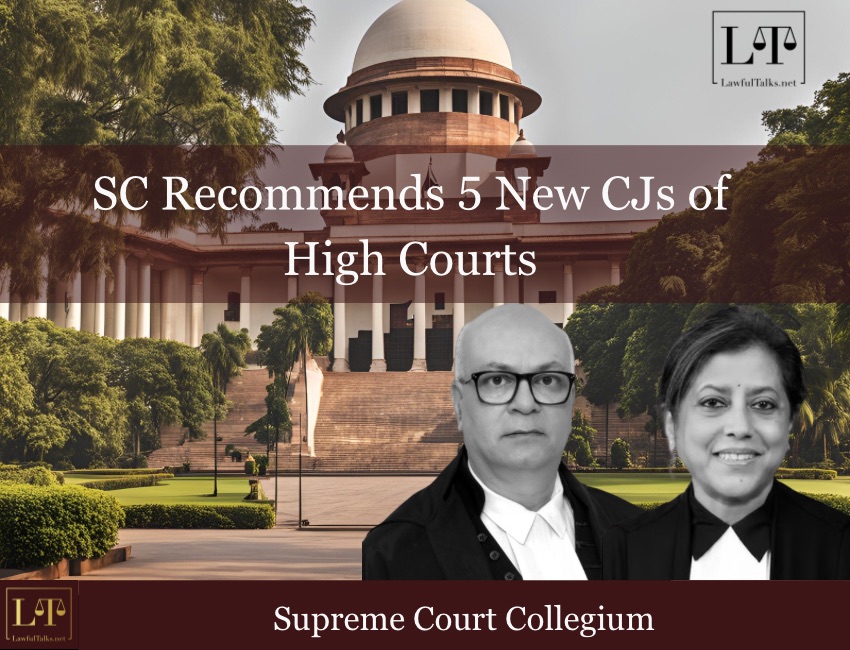Judge Goes Viral for Savagely Putting Rioters in Their Place


The Karnataka High Court on 30 September granted interim relief by staying the investigation into a First Information Report (FIR) against Union Finance Minister Nirmala Sitharaman and others, in a case involving allegations of extortion related to electoral bonds. The stay order, delivered by Justice M. Nagaprasanna, is effective until the next hearing, scheduled for October 22, 2024.
The ruling arose from a petition filed by Bharatiya Janata Party (BJP) member Naleen Kumar Kateel, who challenged the criminal complaint lodged against him. The FIR, registered by the Bengaluru police following an order by the Additional Chief Judicial Magistrate, also named BJP national president JP Nadda, BJP Karnataka president BY Vijayendra, senior leader Kateel, and certain officials from the Enforcement Directorate (ED). The allegations concerned extorting money under the guise of electoral bonds—a financial instrument used for political contributions.
The private complaint that led to the FIR was filed by Adarsh R. Iyer, an activist associated with the NGO Janaadhikaara Sangharsha Parishath. The complaint accused the BJP leaders of engaging in extortion and criminal conspiracy under Sections 384 (punishment for extortion) and 120B (criminal conspiracy), read with Section 34 (acts done by several persons in furtherance of common intention) of the Indian Penal Code (IPC). Specifically, the activist alleged that the ED officials, in collusion with the BJP leaders, pressured companies into purchasing electoral bonds in exchange for favourable treatment, suggesting a quid pro quo arrangement.
Senior Advocate K.G. Raghavan, appearing on behalf of the petitioner, Naleen Kumar Kateel, strongly contended that the allegations lacked any substantive legal basis. He argued that the complaint was vague and fell short of meeting the essential elements of extortion as defined under Section 383 of the IPC. According to Raghavan, for an act to constitute extortion, the complainant or any alleged victims must have been placed in fear, leading them to part with property due to that fear. In this case, neither the complainant nor any corporate entity had been placed in such fear, and therefore, no offense under Section 383 of the IPC could be established. The petitioner maintained that the accusations were politically motivated, rather than grounded in legal merit.
Representing the complainant, Senior Advocate Prashant Bhushan presented a contrasting perspective. He argued that the alleged actions amounted to a "classic case of extortion." According to the complainant, the modus operandi involved ED officials threatening companies with raids and other punitive measures, compelling them to purchase electoral bonds as a means of avoiding such punitive actions. While acknowledging that the complainant himself had not been directly extorted, Bhushan emphasised that the structure of the alleged scheme clearly indicated extortion of corporate entities.

After hearing both sides, the court noted the legal essence of extortion under Section 383 of the IPC, which necessitates that the victim be intentionally placed in fear of injury, ultimately resulting in the delivery of property or valuable security to the accused. Justice Nagaprasanna observed, “If the offence is Section 384 (Punishment for extortion) of the IPC, he should necessarily be a victim who has suffered extortion from the hands of the accused. The case of the complainant is not that he has suffered.”
Further, the court clarified that the complainant’s role as an activist did not meet the legal threshold required to press charges of extortion on behalf of corporate entities. Justice Nagaprasanna remarked that in the absence of an identifiable victim who had suffered due to coercive actions, the essential ingredients for prosecuting the alleged offense were not met.
Consequently the court concluded, “Prima facie, the ingredients of Section 383 of the IPC are not met in the case at hand, for it to become an offence under Section 384 of the IPC. Therefore, permitting further investigation, into the aforesaid crime, would become an abuse of the process of the law.”
In light of this, the Karnataka High Court temporarily stayed the ongoing investigation, emphasising the lack of requisite grounds for prosecuting the alleged offences under the extortion provisions of the IPC. The court further directed the respondents to file their statements of objections before the next hearing, set for October 22, 2024.
Case Details: Sri Naleen Kumar Kateel v The State of Karnataka [CRL.P/0010321/2024]







